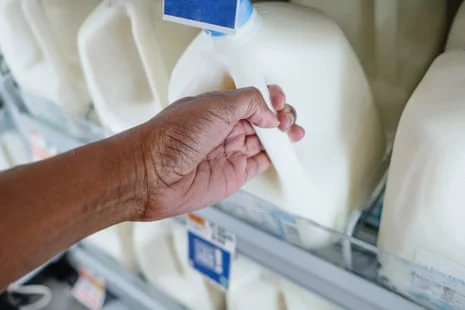
Is the FDA Really Outsourcing Food Safety Inspections? What You Need to Know
The Food and Drug Administration (FDA) is currently at the center of a heated debate regarding the future of its food safety operations. Amid significant personnel cuts, the agency is reportedly considering plans to effectively end most of its routine food safety inspections, prompting questions about the implications for public health and safety.
Recent reports reveal that the FDA might shift many of its routine inspection responsibilities to state and local authorities. This potential outsourcing has raised eyebrows among health officials and stakeholders who worry about the implications for food safety standards nationwide.
Key details surrounding this shift indicate a gradual transition that has been in the works for years but has suddenly gained urgency following massive layoffs within the agency. The FDA, which is responsible for ensuring the safety of much of the U.S. food supply, may look towards states to conduct routine inspections, a job some officials argue can be done at a lower cost without compromising safety.
Internal documents suggest that the transition may require congressional approval for full implementation. Nevertheless, the FDA maintains that it is committed to ensuring the continuity of its essential food safety operations.
The FDA's representative stated, "The claim that the FDA is suspending routine food safety inspections is false. FDA is actively working to ensure continuity of operations during the reorganization period and remains committed to ensuring critical programs and inspections continue." This statement attempts to quell concerns amid a tumultuous restructuring process.
Interestingly, the FDA has been outsourcing some of its routine food inspections to states through contracts for years. With states already handling a third of these inspections, some insiders believe this move makes operational sense. However, critics point to the importance of federal oversight, especially for higher-risk foods that require stringent surveillance.
Compounding the situation is the recent reduction in federal workforce numbers due to significant layoffs. Approximately 10,000 employees across the Department of Health and Human Services (HHS), including the FDA, were let go this month. Employees voiced concerns about the immediate impact of these cuts, which they argue will result in a gap in expertise and a potential decline in the quality of inspections.
One FDA employee, who wished to remain anonymous, expressed apprehension, stating, "We were told we were unnecessary or that someone else was performing similar duties, yet they are now seeking contractors to fill those very roles. It’s confusing and frustrating." The narrative of being rendered obsolete contrasted sharply with the need for continuity in inspecting food safety.
This tense situation has further ignited fears among consumer advocates who argue that dismantling federal inspections is a dangerous precedent. Thomas Gremillion, director of food policy at the Consumer Federation of America, cautioned, "So far, this Administration has acted with reckless disregard for how its policies will affect the detection and prevention of foodborne illness." His concerns highlight a larger issue: how will reduced FDA oversight affect foodborne illness incidents in the U.S.?
As the FDA navigates these uncharted waters, questions remain about maintaining standards and keeping the public safe. The future of food inspections hangs in the balance, with many awaiting the outcome of potential congressional actions and the efficacy of outsourced inspections.
What do you think about the FDA's potential outsourcing of food safety inspections? How could this impact the safety of our food supply? Share your thoughts in the comments below.